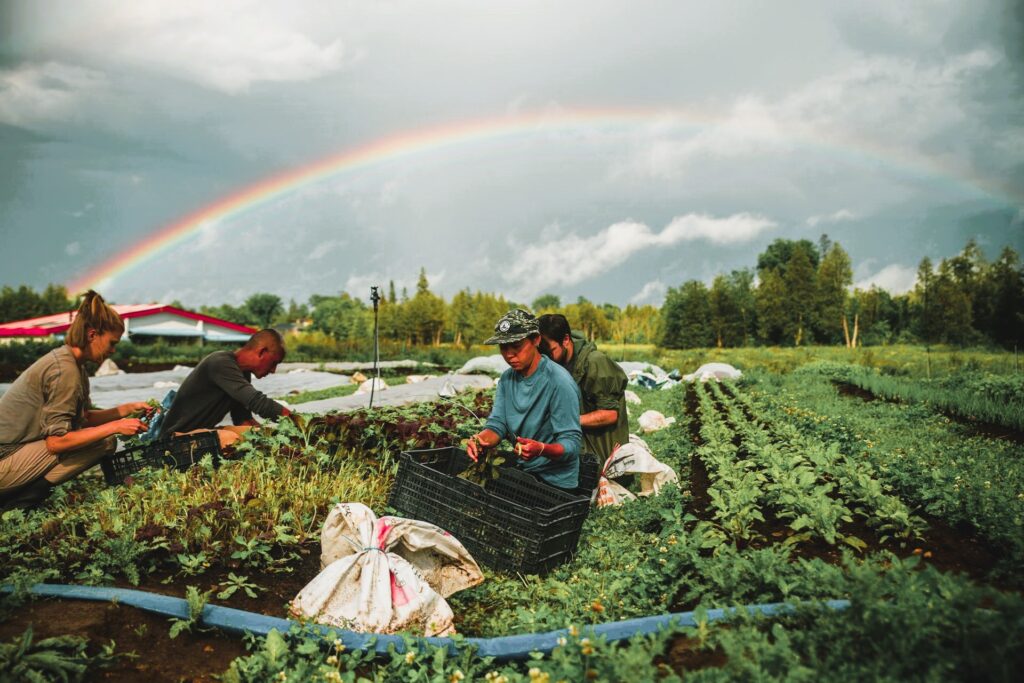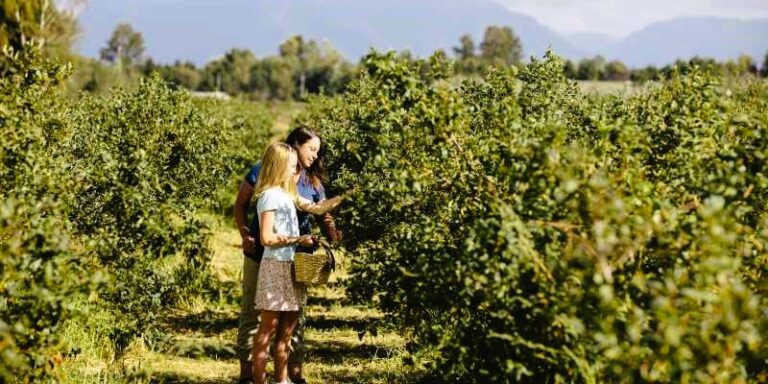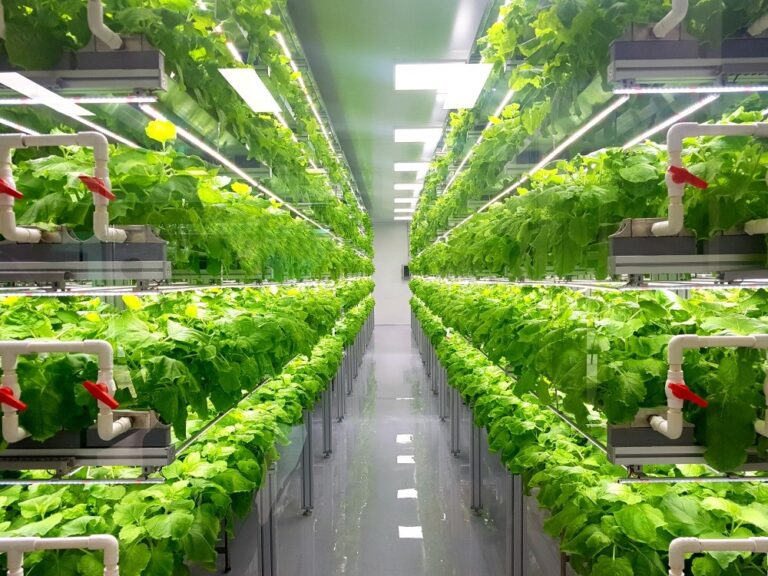In the fertile fields and picturesque landscapes of Abbotsford, Canada, a new approach to education is taking root – farm-based education. As the world faces pressing environmental challenges and seeks sustainable solutions, farm-based education has emerged as a powerful tool to teach the next generation about sustainability, ecological balance, and the vital connection between humanity and the land. In Abbotsford, farm-based education initiatives have become a cornerstone of nurturing environmental stewardship and inspiring young minds to become custodians of the earth.
Understanding Farm-Based Education
Farm-based education is an experiential learning approach that utilizes farms and agricultural settings as outdoor classrooms. Students, ranging from preschoolers to college students, participate in hands-on activities that immerse them in the farming environment, fostering a deeper understanding of the natural world and sustainable agricultural practices.
These programs are designed to supplement traditional classroom learning with real-world experiences, allowing students to witness the cycle of life, understand the complexities of ecosystems, and explore the importance of ethical food production.

The Benefits of Farm-Based Education
Farm-based education in Abbotsford offers a myriad of benefits to students, educators, and the broader community.
1. Experiential Learning
Farm-based education places students at the center of their learning experience. By engaging in farm-related tasks, such as planting seeds, caring for animals, and harvesting crops, students actively participate in the learning process. This hands-on approach not only reinforces classroom concepts but also sparks curiosity and fosters a lasting connection to the natural world. Beyond Crops: The Role of Livestock Farms in Abbotsford’s Agriculture.
2. Environmental Stewardship
Through farm-based education, students gain a profound appreciation for the environment and the impact of human activities on the ecosystem. They learn about sustainable farming practices, such as organic cultivation, composting, and water conservation, and witness the positive effects of responsible land management.
3. Food Literacy and Healthy Choices
As students engage with the farm-to-table process, they develop food literacy and make informed choices about the food they consume. Farm-based education emphasizes the importance of nutritious and locally sourced food, empowering students to adopt healthy eating habits and supporting local agriculture.
4. Community Engagement
Farm-based education initiatives often involve collaboration between schools, farmers, and community organizations. This partnership fosters community engagement and strengthens the bond between students and local agricultural producers. The community’s involvement reinforces the importance of sustainability and the role of agriculture in supporting local economies.
5. Career Exploration
Farm-based education also exposes students to various career opportunities within the agricultural sector. As they interact with farmers, agronomists, and environmental scientists, students gain insights into potential career paths in farming, agricultural research, food production, and sustainability-related fields.
Farm-Based Education Initiatives in Abbotsford
Abbotsford has embraced farm-based education with enthusiasm, offering a range of programs that engage students in meaningful outdoor experiences.
1. School Field Trips
Local farms open their doors to students for interactive field trips, allowing them to explore the farm environment, meet farmers, and participate in age-appropriate activities. From planting seeds to feeding farm animals, these experiences connect students to the source of their food and promote a sense of responsibility toward the environment.
2. Farm-Based Workshops
Educational organizations and community groups in Abbotsford organize farm-based workshops that integrate various subjects into farm-related activities. Science, mathematics, and environmental studies come to life as students apply classroom knowledge to practical situations on the farm.
3. Agricultural Youth Programs
Abbotsford offers agricultural youth programs that provide opportunities for young people to engage in farming experiences and learn about sustainable agriculture. These programs often include mentorship opportunities, leadership development, and exposure to diverse aspects of farming and agribusiness.
4. Farm Camps
During school breaks, farm camps offer children and teenagers a chance to immerse themselves in the agricultural lifestyle. These camps blend recreation, education, and farm activities, encouraging participants to embrace nature and develop an understanding of sustainable practices.
5. College Programs in Agriculture

For older students, Abbotsford offers college-level programs in agriculture, providing in-depth education on sustainable farming, agribusiness, and environmental conservation. These programs equip students with the skills and knowledge to pursue careers in the agricultural sector.
The Role of Government and Standards
The Canadian government recognizes the value of farm-based education and supports initiatives that promote environmental education and sustainability. Educational standards in Canada emphasize the importance of integrating environmental stewardship into the curriculum, encouraging schools and educators to embrace farm-based education as a means of fulfilling these objectives.
Conclusion
Farm-based education in Abbotsford plays a vital role in shaping the next generation of environmental stewards and sustainable thinkers. Through experiential learning on farms, students gain a profound appreciation for the environment, food production, and ethical agricultural practices. Farm-based education initiatives provide valuable opportunities for community engagement, promote food literacy, and inspire a lifelong commitment to sustainability.
As Abbotsford continues to foster farm-based education, the region sets an example for other communities seeking innovative ways to connect young minds with nature and instill the values of environmental responsibility. The impact of farm-based education extends far beyond the classroom, cultivating a generation of informed and passionate individuals who are dedicated to protecting Abbotsford’s natural resources for a brighter and more sustainable future.
Sources:
- Farm-Based Education – https://en.wikipedia.org/wiki/Farm



